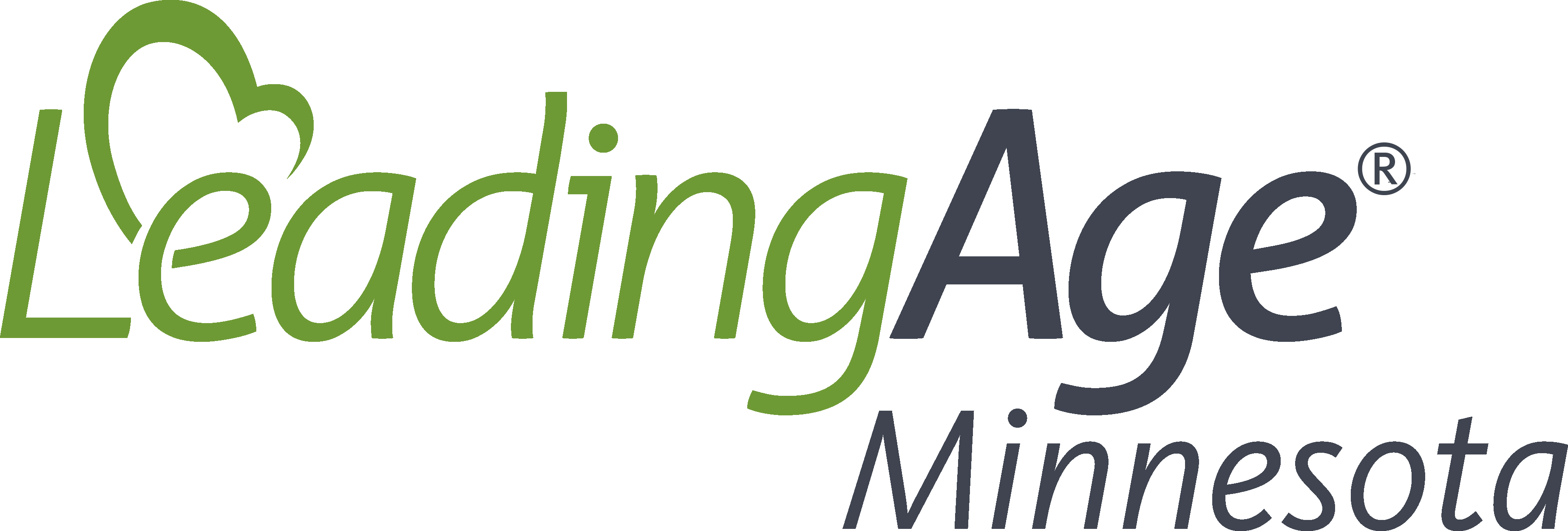CDC Releases Guidance on Enhanced Barrier Precautions
Posted on July 21, 2022 by Kari Everson
The Centers for Disease Control and Prevention (CDC) released updated guidance on enhanced barrier precautions designed to reduce the transmission of multi-drug resistant organisms (MDRO). MDRO are pathogens that cause infections and are resistant to antibiotics commonly used to treat infections.
The spread of MDRO in long-term care is a long-standing issue that infection preventionists continue to handle. Enhanced barrier precautions include using a gown and gloves during high-contact resident care with residents infected or colonized with an MDRO and residents with an indwelling medical device or wound regardless of MDRO colonization status. During high contact care, pathogens can transfer to staff hands and clothing. Using gowns and gloves will decrease that risk and the risk the staff will transmit the pathogen to other residents.
Examples of this type of care include:
- Dressing
- Bathing/showering
- Transferring
- Providing hygiene
- Changing linens
- Changing incontinent products/assistance with toileting
- Device use: central line, urinary catheter, feeding tube, tracheostomy/ventilator
- Wound care: any opening requiring a dressing
The CDC also released a FAQ on enhanced barrier precautions for further information and clearly states the recommendation to implement enhanced barrier precautions in situations where contact precautions are not recommended.
In addition, LeadingAge Minnesota contacted the Minnesota Department of Health (MDH) to inquire about regulatory compliance surveys and how the department will look at this practice within our long-term care settings.
To date, the Centers for Medicare and Medicaid Services (CMS) has not provided updated direction related to enhanced barrier precautions but reminds providers there are standards of care regarding infection prevention and control that you should follow.
At a minimum, it is essential to ensure residents are assessed appropriately for infection and precautions are implemented. For a complete list of pathogens and the appropriate type of precaution, look to the CDC's Appendix A as a reference.
With a continued emphasis on infection prevention and control, it is an excellent time to review your broader policies, including transmission-based precautions, isolation cart status, and availability of reference materials for the use of transmission-based precautions for pathogens other than COVID-19. If CMS issues updated information on the use of enhanced barrier precautions in our settings, LeadingAge Minnesota will update members.
For questions on infection prevention and control, please contact Kari Everson.
Comments
Add a comment
Members must sign in to comment
You must be a member to comment on this article. If you are already a member, please log in. Not a member? Learn how to join »

No one has commented on this article yet. Please post a comment below.